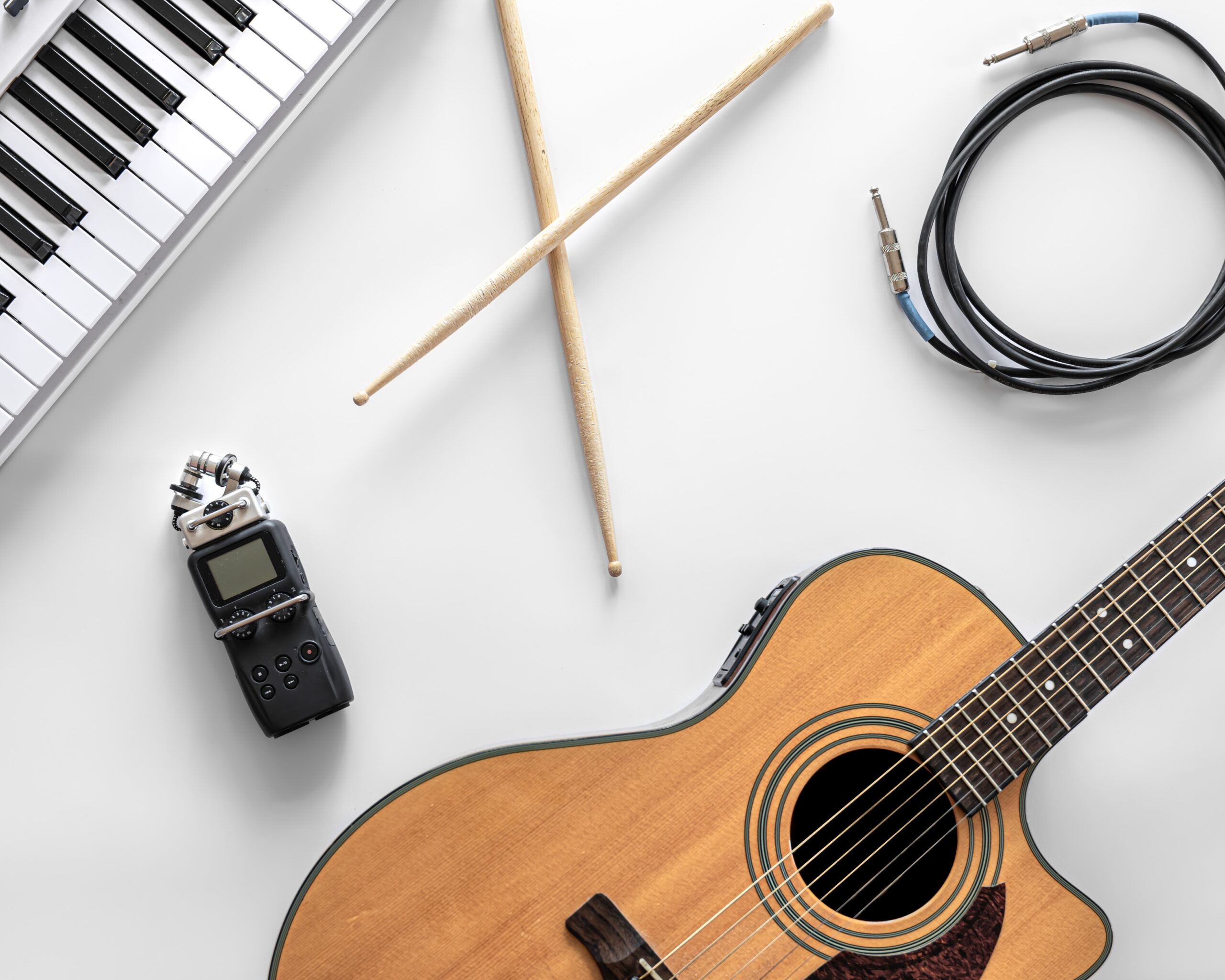
Learning music is one of the most rewarding skills anyone can acquire. Whether you dream of playing the guitar, mastering the piano, or perfecting your vocal skills, the journey begins with understanding the right approach. Many beginners struggle with consistency, technique, and motivation, which can make the learning process feel challenging. However, with the right mindset and strategies, anyone can build a solid musical foundation and enjoy the process.
If you’re just starting out, here are five essential tips that will set you up for success and help you stay motivated on your musical journey.
1. Choose the Right Instrument
The first step in learning music is selecting the right instrument. The instrument you choose should match your musical interests and personal preferences. Here are a few factors to consider:
- Passion & Interest: Pick an instrument that excites you. If you’ve always loved the sound of a violin or the rhythm of a drum, go for it!
- Ease of Learning: Some instruments, like the ukulele or keyboard, are more beginner-friendly, while others, like the violin or saxophone, require more patience and practice.
- Practicality: Consider the size, cost, and space required for storing and playing your instrument.
Once you’ve chosen an instrument, spend some time exploring its different sounds and functionalities before jumping into lessons.
2. Learn Basic Music Theory
While it may be tempting to jump straight into playing songs, understanding basic music theory will significantly improve your skills. Music theory is the foundation of all musical knowledge, and even a basic understanding can make a huge difference.
Some essential music theory concepts include:
- Notes and Scales: Understanding musical notes and their placement on your instrument.
- Chords and Harmony: Learning how different notes come together to create chords and harmonies.
- Rhythm and Timing: Practicing different rhythms and beats to improve your musical flow.
There are many free resources online to help you learn basic music theory, or you can enroll in a structured course to get expert guidance.
3. Practice Consistently (But Smartly!)
Consistency is key when it comes to learning music. However, practicing for hours without a clear goal won’t necessarily make you better. Instead, focus on smart practice:
- Set a Daily Practice Schedule: Even 15–30 minutes a day is more effective than practicing for hours once a week.
- Use a Metronome: This helps develop a strong sense of timing and rhythm.
- Break Down Songs: Instead of playing an entire song at once, focus on mastering small sections before moving on.
- Record Yourself: Listening to recordings of your practice sessions helps identify areas for improvement.
With consistent, goal-oriented practice, progress will come faster than you think!
4. Find the Right Learning Resources
With modern technology, learning music has never been more accessible. Here are some ways to get quality learning resources:
- Online Courses: Structured online courses provide step-by-step guidance for beginners.
- Private Lessons: A personal music tutor can give you direct feedback and help you improve faster.
- Video Tutorials: Many experienced musicians share free lessons on YouTube and other platforms.
- Music Apps: Apps like Simply Piano, Yousician, or Ultimate Guitar can provide interactive learning experiences.
Combining multiple learning resources can help reinforce your understanding and make learning more fun.
5. Stay Motivated & Enjoy the Process
One of the biggest challenges for beginners is staying motivated. Here are a few ways to keep yourself inspired:
- Set Small, Achievable Goals: Learning a new song, mastering a chord progression, or improving your rhythm can give you a sense of accomplishment.
- Play Music You Love: Practicing songs that you enjoy makes learning more fun and rewarding.
- Join a Community: Being part of a music group or online community can keep you accountable and motivated.
- Celebrate Your Progress: Every improvement, no matter how small, is a step forward in your musical journey.
Remember, learning music is not about perfection—it’s about enjoying the process and continuously improving.
Conclusion
Starting your musical journey can be both exciting and challenging, but with the right approach, it becomes an enriching experience. By choosing the right instrument, learning basic music theory, practicing smartly, using quality resources, and staying motivated, you can make consistent progress.
If you’re ready to take your skills to the next level, explore our expert-led music courses designed for beginners and advanced learners alike. Start your journey today, and let music become a part of your life!


